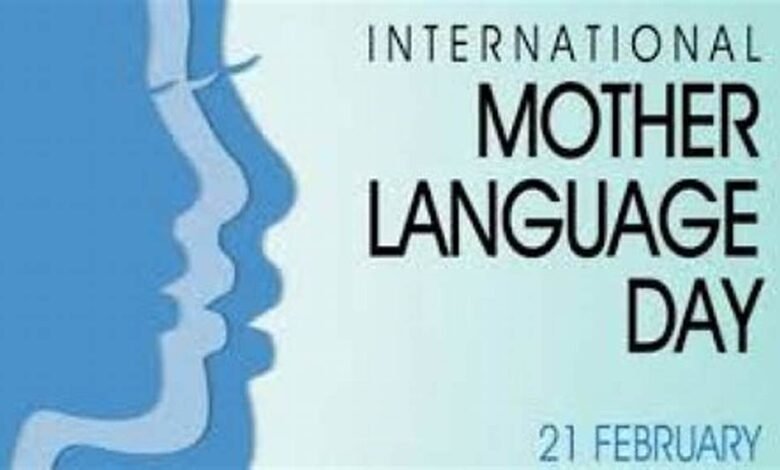International Mother Language Day 2025: Celebrating 25 Years of Linguistic Diversity and Heritage

Every year on February 21, the world observes International Mother Language Day, a day dedicated to promoting linguistic and cultural diversity. Established by UNESCO in 1999, this day emphasizes the vital role languages play in shaping identity, fostering communication, and ensuring quality education. The day also serves as a global call to action to protect endangered languages and uphold language rights for all communities.
International Mother Language Day Theme
This year’s celebration is particularly significant as it marks the 25th anniversary of International Mother Language Day. The theme is “Languages Matter: Silver Jubilee Celebration of International Mother Language Day”. It reinforces the need to safeguard linguistic diversity while working towards a more inclusive and sustainable world by 2030.
The Origin of International Mother Language Day
What actually led to International Mother Language Day can be traced back to 1952. The Pakistan government attempted to impose Urdu language on the people as its only official language although the majority spoke Bangla. This decision triggered strong opposition, leading to protests across East Pakistan.
On February 21, 1952, students from Dhaka University organized a protest demanding the recognition of Bangla as an official language. Despite the government banning public gatherings, demonstrators took to the streets. In response, police opened fire, killing five students, a tragic event that became a symbol of the struggle for linguistic and cultural rights.
The movement eventually led to Bangla being recognized as one of Pakistan’s official languages in 1956 and later played a key role in the independence of Bangladesh in 1971. To honor the sacrifices of these students and recognize the global importance of mother languages, UNESCO declared February 21 as International Mother Language Day in 1999.
Significance of International Mother Language Day
This day is significant for many reasons. It emphasizes the need to preserve the world’s diverse languages. By encouraging the use of mother tongues, particularly in schools, this day plays a vital role in enhancing students’ understanding and learning experiences. When children are educated in their native language, they develop stronger cognitive skills, improved comprehension, and a deeper connection to their cultural heritage.
Beyond education, this day also serves as a platform for reviving languages that are at risk of being forgotten. Many languages face the threat of extinction due to globalization, migration, and societal changes. By raising awareness and promoting efforts to revitalize these languages, communities can ensure that their linguistic heritage continues for future generations.
Moreover, this day advocates for the protection of indigenous language rights, reinforcing the importance of respecting and preserving the linguistic identities of marginalized communities. Language is an integral part of cultural identity, and safeguarding it ensures that traditions are not lost over time. By recognizing and celebrating linguistic diversity, this day brings about a more inclusive and culturally rich world.
Importance of Preserving our Heritage
Heritage is the soul of our culture, a living testament to the traditions, values, and identity that shape societies across generations. We grew up and met these values and we have the responsibility t pass this same heritage down to future generations.
One of the most vital aspects of cultural heritage is language. Language is more than just a means of communication, it embodies the cultural nuances of a people. Every language carries stories, and expressions that cannot always be translated without losing their original essence.
Preserving our languages means preserving our identities and culture. It allows communities to maintain and pass down customs, and beliefs to future generations.
Teaching children our mother language is essential in fostering a deep sense of belonging and identity. Language is a bridge that connects generations, ensuring that traditions, customs, and moral values are not lost. When children understand and speak their mother language, they will be able to contribute meaningfully in the society.
Governments, educators, and individuals have a lot to do to ensure our unique languages are preserved. This can be achieved through making laws to ensure children learn their mother language, and equally documenting endangered languages. These stakeholders can take advantage of various digital platforms and technology available by providing resources for learning and archiving indigenous languages.
Conclusion
International Mother Language Day is a global call for everyone to protect the rich linguistic diversity that shapes our cultures, identities, and makes us unique. Since language is a crucial part of our lives and communication, preserving them is central to bringing about inclusion and social change.
Image Source: http://www.bing.com





